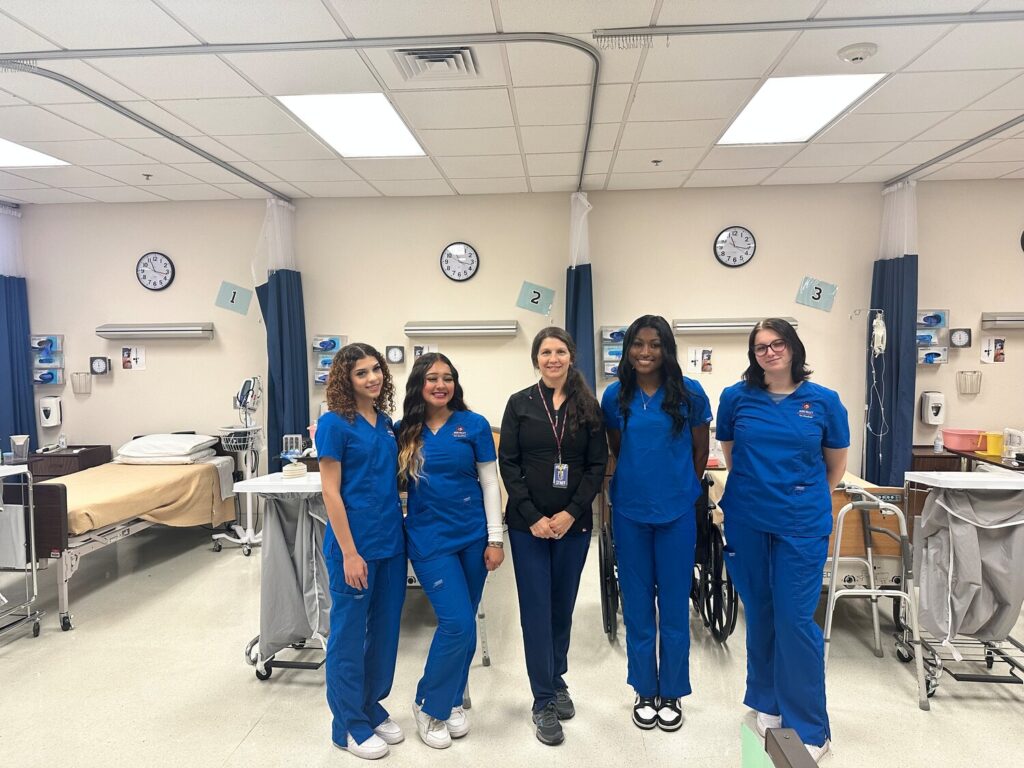Glendale school provides real world connections
One of the oldest programs opening pathways to the future at Deer Valley High School in Glendale has a renewed sense of vigor this school year.
In some form, the high school provided a nursing education program for more than 40 years. It was in various spots on campus including what used to be called the V Tech center in the 1980s and ’90s, then moved to the Glendale Community College North campus early 2000s before returning to the high school.
Jayme Fitzpatrick, Deer Valley Unified School District career and technical education administrator and connection with West-MEC, said it is the district’s original CTE program.
“We actually met a nurse in the ICU that went through the program 20 years ago,” first-year teacher Elizabeth Kadar said.
Kadar is a key to the program’s growth, as is a first-year partnership with ElevateEdAZ, a program of the Greater Phoenix Chamber Foundation. ElevateEdAZ works to prepare Arizona students for college and career. This program is supporting the inaugural class of 31 nursing students at Deer Valley High.
She arrived at Deer Valley after working in a local intensive care unit, providing a unique perspective on whole system.
“You can tell that when she speaks, she’s very knowledgeable about what they’ve experienced. That definitely gives us reassurance,” Deer Valley senior Diamond Stevenson said.
All seniors in the district are eligible for the program, Fitzpatrick said, and it is about a 50/50 split between Deer Valley High students and those from the district’s other four high schools.
Local sophomores and juniors can take the introduction to health careers course. Seniors are vetted to get into the program, which is in a two-hour block, and the afternoon block is mostly filled with kids from other campuses.
“I’ve kind of wanted to do nursing for 12 years now, for most of my life. It was either between nursing and teaching, but I figured nursing would be a little bit more helpful,” Deer Valley senior Hailey Peterson said. “Having nurses around my whole life I was being influenced by that.”
Along with in-class lessons, the nursing program includes the highlight of clinical rotations. Students receive 40-48 hours of clinicals during the course of the program at long-term care facilities and hospitals.
“Clinicals definitely was an eye opener for me. At first I thought that I really didn’t want to work with old people. I just wanted the certification because I knew I needed it. After clinicals in different areas of the hospital, I really enjoyed helping people and seeing people’s smiles on their face when I would help them go to the bathroom or put clean sheets on their bed. I really love helping people and seeing that little things I do are big things for them,” Deer Valley seniors Eliyana Villanueva said.
Peterson said clinicals are heartwarming experiences
Some patients were shocked to find out she is a high school senior doing all of this work.
“There’s a lot of CNAs who don’t take the time to know or understand who the patient is. A lot of the patients are lonely. It’s kind of like self fulfilling to be able to take care of them,” Stevenson said.
Clinicals are done for the school year, and the class is preparing for the Arizona State Board of Nursing CNA/LNA Written and Skills examinations later this spring.
Greater Phoenix Chamber Foundation Chief Innovation Officer Jennifer Mellor said every student that earns their CNA results in a financial incentive for the student and their teacher.
“Students that pass their CNA skills and written exam will get their Arizona CNA and can then get their CNA license or their LNA through the Arizona Board of Nursing,” Fitzpatrick said. “When they leave us, many will go to work directly as a CNA or go to community college to become RNs and some will go to university to work on their BSN.”
It provides some security, Peterson said. If all else fails, the soon-to-be high school graduates are certified nursing assistants and well-paying jobs are available.
“I feel like it’s better to start now and get it over with because you need your certification anyway in Arizona,” Villanueva said.
Kadar said people may believe the field will hire just about anyone because of need. That may occur, but those careers would be short-lived. Empathy leads to critical thinking and prepares peopleto be more thorough and think on their feet beyond what they were told.
The importance of collaboration sometimes can be understated.
“Sometimes you go into a new job and they promise all of this training. These days it’s not as easy because you don’t have the seasoned people that have enough time to do that,” Kadar said. “This class really prepares them more than someone that didn’t take the class and goes into school and just has straight nursing clinicals.”
Communication, camaraderie and teamwork are key, as well as critical thinking on the fly and the ability to work under pressure, Kadar said.
Clinicals removed any hesitation Peterson had about going into nursing.
“You’re going to make friends and lose friends. I think that in this class you have to stick together. Maybe not all of us like each other, but you learn how to use that respect, in a sense. You learn how to tolerate each other enough to work with each other and make that learning experience good for everyone else,” Peterson said.
Stevenson said she plans to study premed biology on the track to becoming an anesthesiologist.
Villanueva plans to attend college to get her bachelor’s degree in nurshing and prepare for medical school. Career paths include being an aesthetics injector, post-partum care or wound care.
“Some of them have decided this week that they were definitely going to go to GCC to start off,” Kadar said.
Dual enrollment allows students to earn up to 4.5 credit hours at Glendale Community College.
Senior Hamsa Alghuraibawi can reach a higher level quicker, after beginning her Mayo Clinic internship Feb. 19.
“I work with ortho techs and the experience has been really cool. We get to cast people and remove splints. I get to assist in that,” Alghuraibawi said. “ Not many of these people get to experience it. I know a lot of people competed for that spot and I was really lucky to get that.”
The internship will conclude with a celebratory event put together by on-campus HOSA clubs at affiliated high schools across the Valley.
“We have a lot of students that at the end of their internships receive offers for full-time jobs,” Mellor said.
The internship prepares Alghuraibawi by expanding her knowledge of terminology, she said.
She works closer with a wider range of age groups.
“It makes me feel like I really want to be in that field to help People. Seeing the smile on their face makes my day,” Alghuraibawi said.


